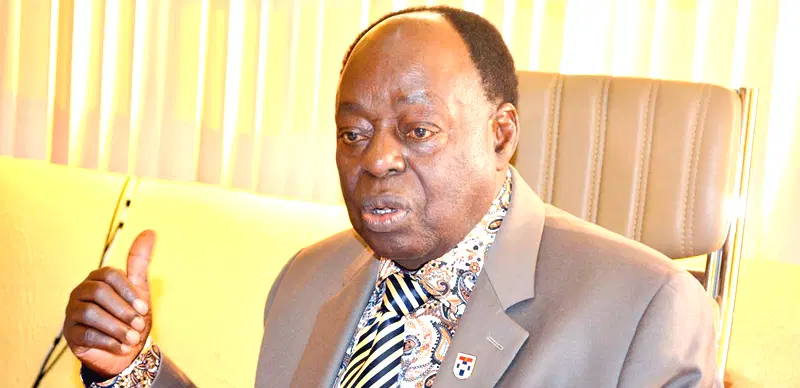In my last publication on the ongoing rift between NNPC Limited and Dangote Refinery, I identified three critical questions that need to be addressed regarding the powers of NNPC Limited:
- Does NNPC Limited have the power to supply crude oil to local refineries?
- Can NNPC Limited determine the price of petroleum products?
- Is NNPC Limited the sole purchaser and distributor of petroleum products in Nigeria?
To explore these questions, I examined relevant provisions of the Petroleum Industry Act (PIA) 2021, specifically focusing on:
- Section 64: Powers of NNPC Limited
- Sections 31 and 32: Powers of the Nigerian Midstream and Downstream Petroleum Regulatory Authority
- Section 111(1): Private sector participation in petroleum operations in Nigeria
Application of the PIA in Resolving the Issues
1. Power to Supply Crude Oil to Local Refineries
Section 64(c) of the PIA grants NNPC Limited the authority to lift and sell royalty oil, profit oil, and tax oil on behalf of Nigeria. This provision indicates that NNPC Limited has historically engaged in various transactions, including exporting crude oil, participating in oil swaps, and executing oil-for-debt deals. Notably, NNPC Limited has been compelled to supply crude oil to Dangote Refinery.
However, Section 31(g) of the PIA clarifies that NNPC Limited is not the only entity permitted to supply crude oil to local refineries. The Nigerian Midstream and Downstream Petroleum Regulatory Authority also holds the mandate to ensure the supply of crude oil to local refineries. Thus, the first question concerning NNPC’s authority to supply crude oil is not exclusively within its purview; the Regulatory Authority shares this responsibility. NNPC Limited’s powers are confined to dealing with royalty oil, profit oil, and tax oil only.
2. Power to Determine the Price of Petroleum Products
Regarding whether NNPC Limited has the power to determine the price of petroleum products, it is essential to consider the implications of the PIA. The pricing mechanisms for petroleum products in Nigeria have been a subject of significant debate, especially with the transition towards a more deregulated market.
While NNPC Limited historically played a major role in pricing, the introduction of competitive market dynamics under the PIA suggests that pricing may also involve the Nigerian Midstream and Downstream Petroleum Regulatory Authority and market forces. Therefore, NNPC Limited’s ability to solely dictate prices is likely limited, as multiple stakeholders now influence pricing in the petroleum sector.

